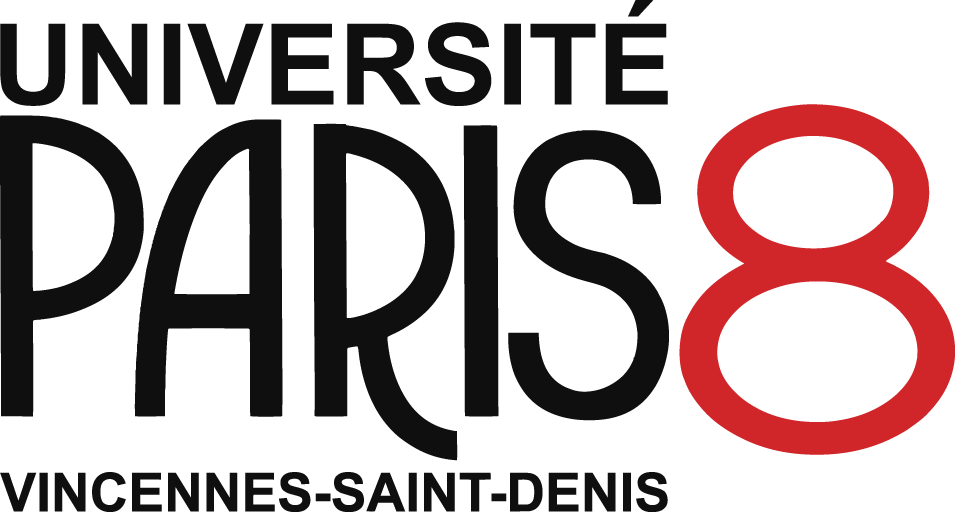Influence of culture on social representation of wines produced by various methods: Natural, organic and conventional
Résumé
The aim of the present study was to investigate the concept of complexity in wine as a function of
domain-specific expertise. Thirty-nine wine professionals and 30 wine consumers participated in interviews aimed at inducing verbal responses concerning their representations of (i) wine complexity in general, (ii) wine complexity in relation to white wine with perceived ageing ability, and (iii) wine
complexity in relation to red wine with perceived ageing ability. The verbal data were analysed with
the textual data analysis software ALCESTE (Reinert, 1983, 1986, 2001, 2008). Results showed that wine
professionals as a group tended to represent complexity in wine in terms of extrinsic factors such as
oenological processes (e.g., lees stirring; use of oak) and terroir variables (e.g., soil; viticulture: see Moran,
2006). On the other hand, wine consumers’ representations of wine complexity were dominated by
intrinsic factors relating to their experience of consuming wine (e.g., smell and taste of wines) and were
personalised and subjective (e.g., about their own enjoyment and pleasure). Further, wine professionals’
representations clearly differentiated between characteristics of white wine with ageing potential and
characteristics of red wine with ageing potential whereas those of wine consumers did not. The results
are discussed in terms of the salient components of the concept of complexity in wine, including wine
judged to have ageing ability, along with the cognitive processing associated with wine expertise
